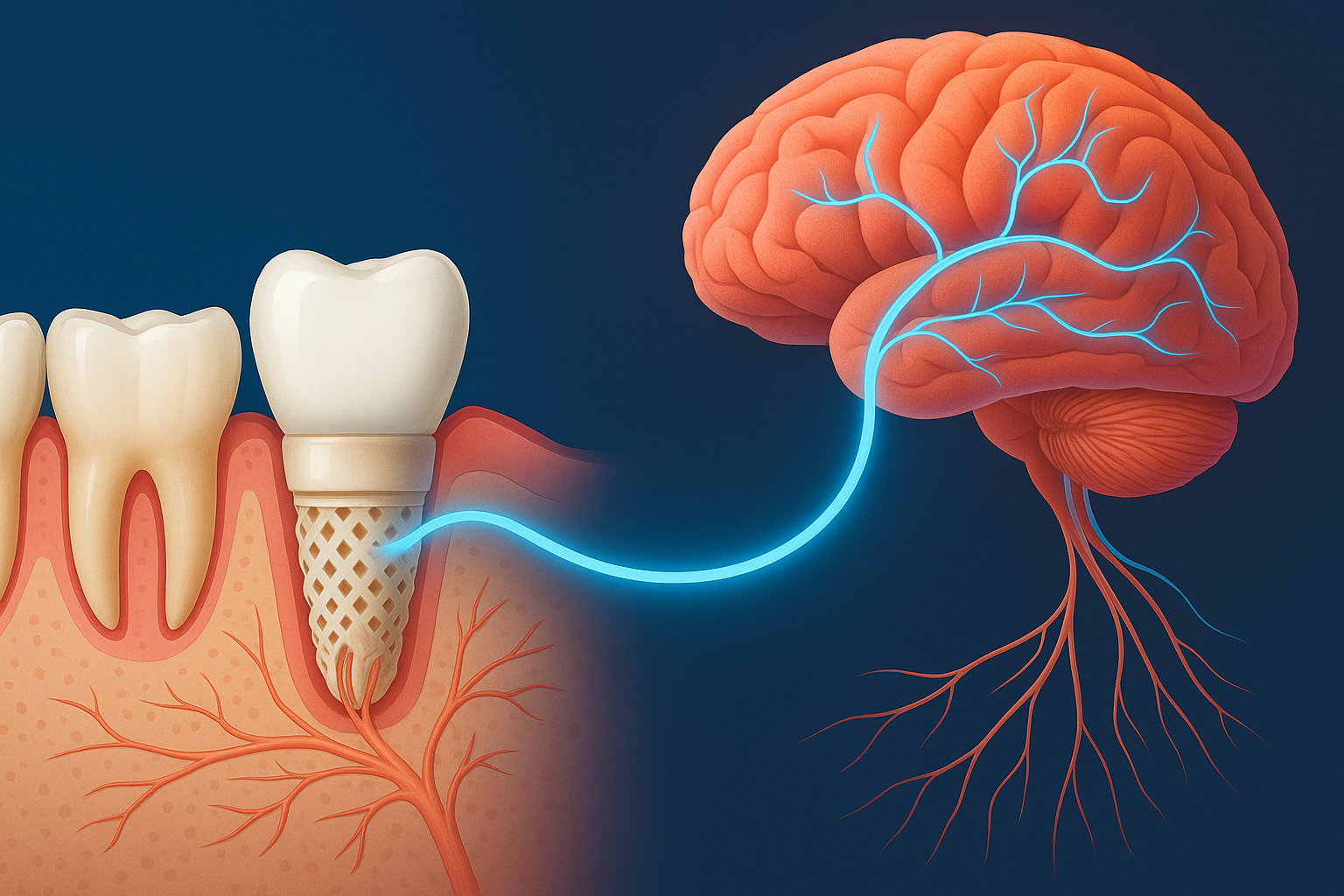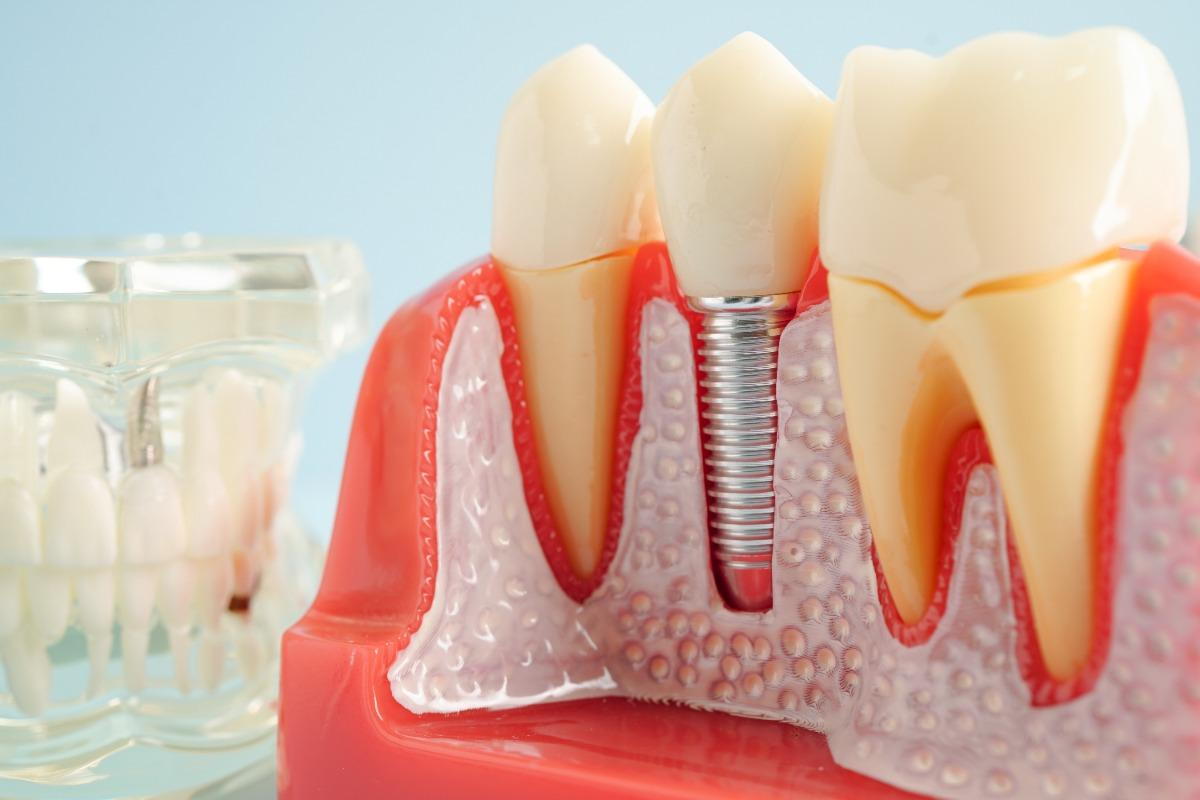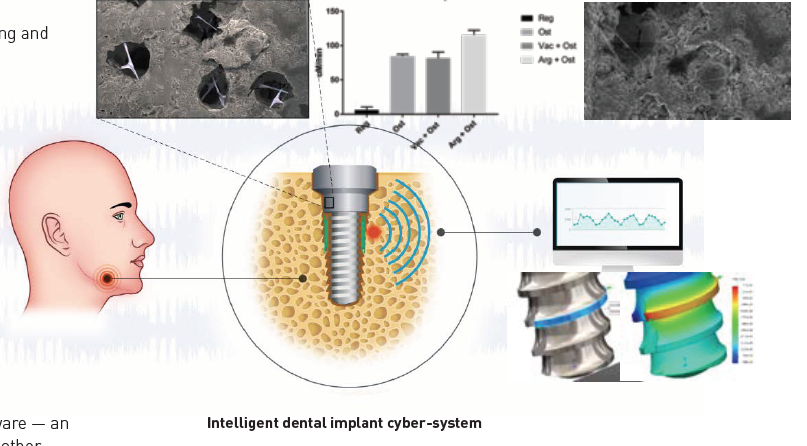🦷 Smart Tooth Implants: A New Era in Sensory Dentistry Begins

🦷 Smart Tooth Implants: A New Era in Sensory Dentistry Begins

In a groundbreaking development that could redefine dental care, researchers at Tufts University have unveiled a revolutionary smart tooth implant that not only grows into the gums — but also talks to the brain.
A Sensory Revolution in Dentistry
Unlike conventional dental implants, which are often rigid metal posts screwed into the jawbone, the new implant mimics the biological properties of a natural tooth. Traditional implants restore function and appearance, but they lack one critical component: sensory feedback. That’s where this new innovation shines.

This next-generation implant features a biodegradable outer shell infused with stem cells and nerve growth-promoting proteins. Once inserted, it encourages the regeneration of nerve tissue and integrates with the surrounding gum, allowing it to secure itself without drilling into the bone.
Talking Teeth: Brain-Connected Implants
The most extraordinary feature? These implants can re-establish communication with the brain. They restore the mouth-to-brain signaling typically lost during tooth extraction — potentially allowing users to “feel” pressure, temperature, and texture once again.

Early trials on rodents have already shown promising results. Within six weeks, the implants demonstrated strong biocompatibility and signs of nerve connectivity. Researchers are now focusing on measuring actual brain activity to confirm that the implants are sending and receiving sensory signals.
The Road Ahead
If these implants continue to perform well in animal models, the research team plans to move forward with larger animal trials — and ultimately, human clinical trials. Beyond dentistry, the broader potential of this technology is immense. Experts believe similar implants could one day be used in orthopedic surgery, neural prosthetics, and even regenerative medicine, bringing the concept of body-integrated smart prosthetics closer to reality.

A Future That Feels Real
For millions who’ve lost teeth due to injury, decay, or disease, this innovation offers more than just cosmetic repair — it offers restoration of true sensation. A future where dental implants don’t just look like teeth but feel like them may soon be within biting distance.
📌 “This could fundamentally change how we approach not only tooth loss but the entire concept of bio-integrated implants,” said a Tufts researcher involved in the project.
The age of truly smart dentistry has begun — and it has nerves.

